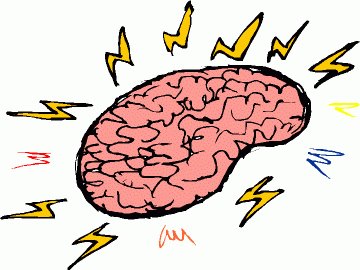Why Social Networks Are Good for the Kids
 The other day I asked somewhat tongue-in-cheek whether Tom Friedman had ever visited Silicon Valley. Today, I’m wondering if Lady Greenfield has ever used a social networking site.
The other day I asked somewhat tongue-in-cheek whether Tom Friedman had ever visited Silicon Valley. Today, I’m wondering if Lady Greenfield has ever used a social networking site.
The professor of synaptic pharmacology at Lincoln College, Oxford and the director of the Royal Institution has the United Kingdom up in a tizzy about the idea that Facebook, Bebo and Twitter are warping their children’s minds.
She warned that social networking sites “are devoid of cohesive narrative and long-term significance. As a consequence, the mid-21st century mind might almost be infantilized, characterized by short attention spans, sensationalism, inability to empathize and a shaky sense of identity.”
I’m not a psychologist, nor am I a parent, so let me start by saying she might be right that these sites are harmful in some cognitive way. But I think she’s wrong to assume social networking is devoid of a “cohesive narrative and long-term significance.” I can see where she’s coming from, but like a lot of people who don’t actually use these sites, she’s missing a fundamental shift from Web 1.0 chat room days to Web 2.0 social networks: Real identity.